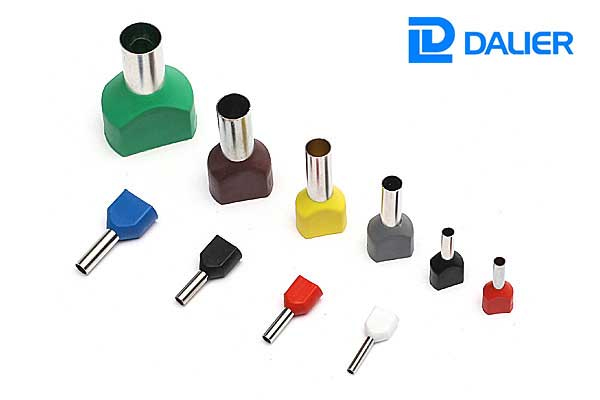why is electrical wiring usually made from copper
In the realm of electrical engineering, the selection of materials for electrical wiring is a decision that significantly impacts the efficiency, safety, and durability of electrical systems. Among the wide array of available materials, copper has emerged as the material of choice, and this preference is underpinned by several key properties.
Exceptional Electrical Conductivity
Copper is renowned for its outstanding electrical conductivity. This property allows it to act as an excellent conductor, enabling the smooth and efficient flow of electric current with minimal resistance. When electricity passes through a conductor, resistance inevitably causes a certain amount of energy dissipation in the form of heat. However, copper's low - resistance characteristic ensures that this energy loss is kept to a minimum. For example, in high - voltage power transmission lines that span long distances, the use of copper wires can substantially reduce power losses, making the power distribution process more energy - efficient.
High Ductility and Malleability
Another remarkable feature of copper is its high ductility and malleability. Its ductility enables it to be drawn into extremely thin wires, while its malleability allows for easy shaping during the manufacturing process. This combination of properties makes it highly adaptable to different wiring requirements. Whether it's for the intricate wiring within a small electronic device or the large - scale electrical installations in industrial facilities, copper can be precisely formed into the desired shapes and sizes, providing flexibility in electrical system design.
Corrosion Resistance
Copper also exhibits remarkable corrosion resistance. Although it is not immune to chemical reactions over time, it is far more resistant to environmental factors such as moisture and oxygen compared to many other metals. In real - world applications, especially in areas with high humidity or exposure to various environmental elements, copper - based wiring can maintain its structural integrity and electrical performance over an extended period. This long - term reliability is crucial for the stability and safety of electrical systems.
The Role of Vinyl - Insulated Terminals in Copper Wiring Systems
When it comes to establishing connections in a copper - based electrical wiring system, Vinyl - Insulated Terminals play an indispensable role. After copper wires have been laid to ensure the efficient transmission of electricity, these terminals come into play. They are designed to provide a secure and insulated connection point between different sections of copper wires or between copper wires and electrical components. The vinyl insulation on these terminals serves as a crucial safety barrier, effectively preventing electrical leakage. This not only safeguards the integrity of the electrical circuit but also protects users from potential electrical hazards. Whether in a residential electrical panel or a complex industrial control system, Vinyl - Insulated Terminals are essential components that ensure the stable and safe operation of the electrical system.
In conclusion, copper's unique combination of high electrical conductivity, ductility, malleability, and corrosion resistance makes it the prime choice for electrical wiring. When combined with components like Vinyl - Insulated Terminals, it forms a comprehensive and reliable electrical system that serves as the backbone of modern electrical infrastructure, powering our daily lives and various industries.





